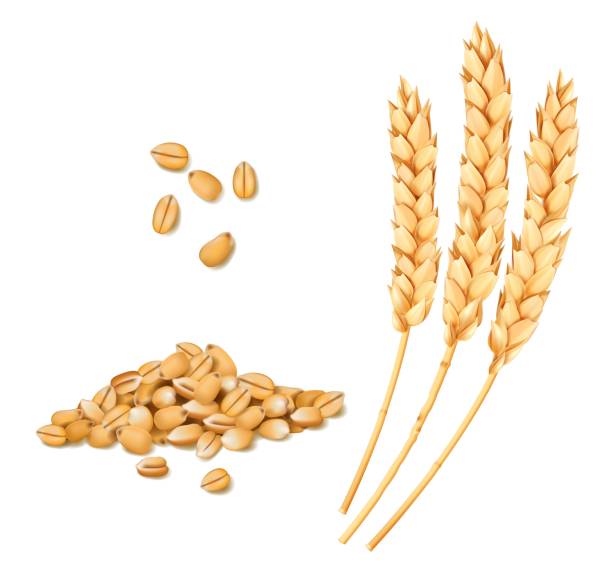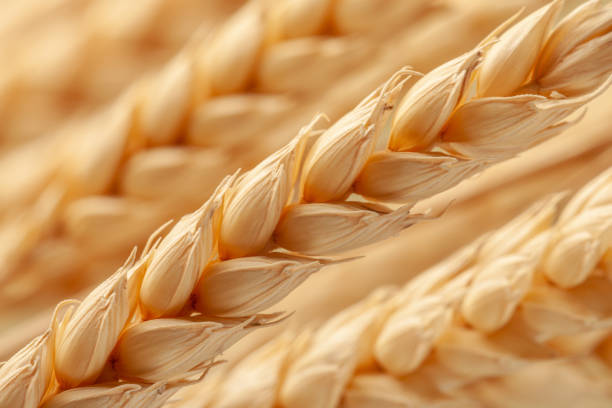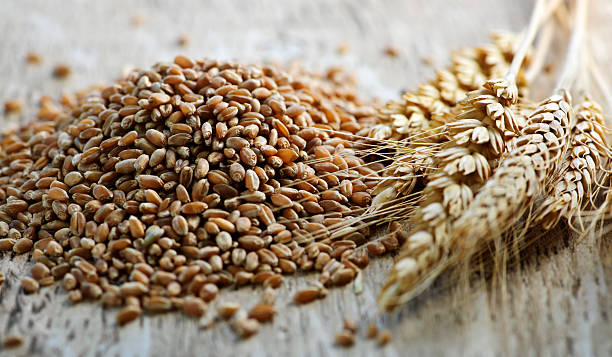In the world of grains, barley stands out as an ancient and versatile gem, celebrated not only for its nutty flavor and chewy texture but also for the remarkable nutritional bounty it brings to the table. From being a dietary staple to contributing to the production of malt for beverages, barley’s nutritional profile adds depth and richness to a variety of culinary creations while offering an array of health benefits.

Carbohydrates for Sustained Energy:
At the heart of barley’s nutritional contribution is its significant carbohydrate content. Carbohydrates, in the form of complex starches, serve as a primary source of energy, providing the body with a steady and sustained fuel source. Barley’s complex carbohydrates contribute to a feeling of fullness, making it a satisfying addition to meals and a potential ally in weight management.
Dietary Fiber Dynamism:
Barley shines as a rich source of dietary fiber, offering both soluble and insoluble fibers. The fiber content in barley supports digestive health by promoting regular bowel movements, preventing constipation, and fostering a healthy gut environment. Barley’s fiber also plays a role in stabilizing blood sugar levels, contributing to overall metabolic health.
Protein Powerhouse:
Barley is not just a carbohydrate powerhouse; it also provides a notable amount of protein. The protein in barley contains essential amino acids necessary for muscle repair, immune function, and overall growth and development. While not a complete protein source, barley’s protein content adds a valuable nutritional dimension, especially when combined with other protein sources.

B Vitamins Brilliance:
Barley contributes to the B-vitamin spectrum, including thiamine (B1), riboflavin (B2), niacin (B3), pyridoxine (B6), and folate (B9). These B-vitamins play crucial roles in energy metabolism, supporting the body in converting food into usable energy, and contributing to various aspects of neurological and cardiovascular health.
Mineral Wealth (Magnesium, Phosphorus, Manganese):
Essential minerals find their place in barley’s nutritional portfolio. Magnesium, crucial for muscle and nerve function, phosphorus, vital for bone health, and manganese, contributing to enzyme activation and bone formation, all play significant roles in supporting overall health and well-being.
Antioxidant Armor:
Barley houses antioxidants, including phenolic compounds and beta-glucans. These antioxidants contribute to barley’s potential anti-inflammatory effects and protection against oxidative stress. The presence of these compounds adds not only to the grain’s nutritional value but also to its potential health benefits.

Culinary Versatility:
Beyond its nutritional prowess, barley’s versatility in the kitchen is noteworthy. It can be used in various forms, from whole grain to flour, and incorporated into soups, stews, salads, and even desserts. Barley’s adaptability makes it a culinary canvas for a range of dishes, appealing to both traditional and modern tastes.
In conclusion, barley, with its ancient roots and nutritional brilliance, stands as a testament to the resilience and versatility of grains. From sustaining energy with complex carbohydrates to promoting digestive health with fiber and offering a spectrum of vitamins and minerals, barley enriches both culinary experiences and overall nutritional well-being. As we savor the hearty goodness of barley, we are not just indulging in a grain; we are partaking in a nutritional journey that connects us with the age-old wisdom of wholesome nourishment.



